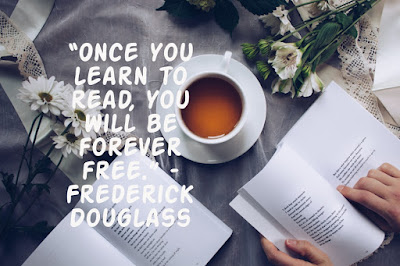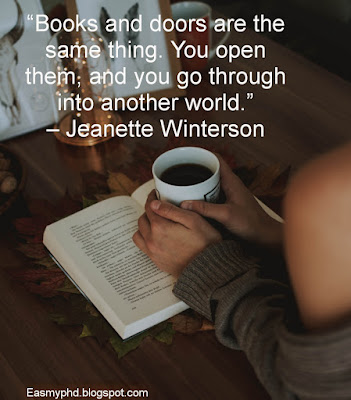Research is manifested in all parts of our life. It is the vehicle of our life journey getting fuel from our unending curiosities. Each and every step carried out by us in our daily lives is linked with some sort of research. What makeup products should I use? Which doctor should I consult? What would be the best school for my ward? In which share should I invest? Everything demands good research beforehand. Thus, it is not something new to us, newer are the problems we encounter. Newer are the ways to systematically reach a conclusion and the newer is the strategy we prepare to reach a goal.
The more planned and organized our ways are, the easier is to get ashore. So first and foremost thing is to set a goal, to set a problem. Once it is done half of the war is won. To set a goal you have to be well informed of the practices adopted in the past, current trends, and future prospects. This can be done by diving into a vast sea of scientific literature in the area of your interest. In our previous article, we had mentioned some of the ways to collect and well manage the data for review. Here are the few steps that might help you moving forward…
Books and published articles are great sources of information. Books are an important source of static knowledge in the field of your research. Reading books is not new to us. The real challenge is surfaced when it comes to reading an article. Believe me, it is not that boring!! Just follow some steps…
- Before conducting a major literature review conceptualize your research problem in a broader view preventing yourself from hopping from one article to another haphazardly. It is pragmatic to choose the right article for an effective study.
- As you see an article, first read the title, author, year, and be familiar with the structure of the article first. Take a look at all the subtitles as it will enable you to identify the main techniques employed in researches related to your problem.
“There is an art of reading, as well as an art of thinking, and an art of writing.” -Clarence Day
Now you would think that what must be the correct way to read it? Should I read the abstract first or read the introduction or no! I must read the conclusion first. But let me tell you there is no single way, neither a correct way nor a wrong way. Think about the question you want to address and what info you want to get!! Your study must be a goal-oriented study. If you are looking for the trends going on your concerned field of study focus on the introduction.
The first two paragraphs of the intro may give you a fair idea of historical developments and current trends. The last paragraph of the intro gives an idea about the strategy adopted by the researcher for his or her own work. And jump to conclusion-here you will get the crux of the whole study.
Read at least 15 papers in the same manner. By this time, you must have cultivated so many questions in your head. You must have come across several opinions, contradictory views, unknown terms, and a lot more things added to the basket of your knowledge. But this is just fact-finding. Now you have to dive deeper. Write all the questions, facts, and terms new to you and of your interest cultivated so far in a notebook serially. 
So the next step will be navigating through the literature keeping these doubts in mind. You can resort to books to understand the basic phenomena, basic terms more clearly. You may also find educational research papers that completely focus on the concepts rather than experimenting with something new.
Continuing this way, at each step you will harness new queries. All you require is to register them!! And dive deeper and deeper. After a certain time, you will be in a position to skip the intro part, and then you can move your focus to experimental sections.
After reading each article, rehearse in your mind the aim, main findings, and strategies adopted outlined in the article and think about what else could be done? What is missed? This will lead you to think like a researcher.
Imaginations, queries, and hunger for precise details transform you into a good researcher. Remember that it’s you research. You are your biggest and only help. You have to trust yourself first if you wanna the world to trust you!!
copyright@EasMyPhD 2020

No Responses